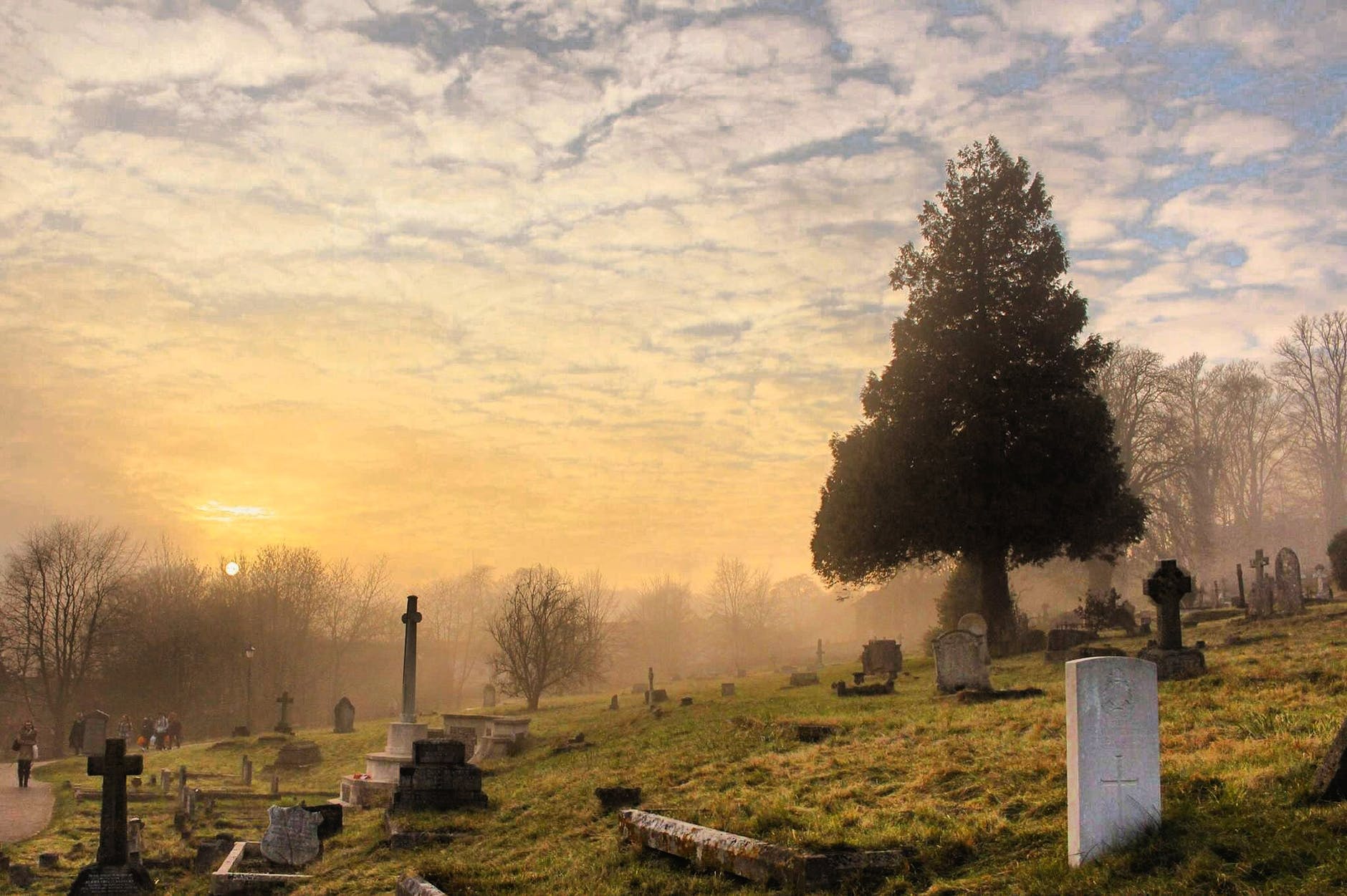Home » Latest » Insurance Law » Burial Societies unpacked
Burial Societies unpacked

Provided by SchoemanLaw Inc
SchoemanLaw Inc Attorneys, Conveyancers and Notaries Public, based in Cape Town, is a boutique law firm offering its clients access to high quality online legal d... more
Topics Consumer Protection | Family Law | Insurance Law
06 Dec 2019
Introduction
Burial Societies and Funeral Parlours have an essential role in society. They provide a means of access to funeral cover to those who cannot afford the costs occasioned by the death of a loved one. Burial Societies, in particular, provide a pathway through which legal insurers can gain access to a market they would ordinarily not reach. Last mentioned does hold benefits to some individuals in townships and rural areas who do not have access to the necessary resources to apply for funeral cover.
Legality of the schemes
Given the fragility of members of the above communities, how legally sound are Burial Societies. Make no mistake Burial Societies are legal and are enshrined deep into African culture and custom. But the protection they afford is questionable in some instances. Of importance is the relevant legislation which protects policyholders and/or members, in particular:
- Consumer Protection Act (as amended)
- Long Term Insurance Act (as amended)
- Financial Services Act (will be discussed in another article)
The Consumer Protection Act
This Act affords cover all consumers subject to certain exclusions, where a consumer is a juristic person with an asset value or turnover less than R1 000 000. Burial Societies remain mostly unregulated, and the question remains whether such members of the Burial Societies will be protected under the Act. Many Burial Societies are not registered, thus not a juristic person, and the question is how will such entities be regulated and how will they be held accountable by the consumer commission.
The following is not covered by the act [1]:
- Supply and rendering of services to the state;
- Transaction and supply of goods to juristic person whose asset value or annual income is over R1 000 000;
- Any credit agreement under the National Credit Act;
- Services under an employment contract;
- Collective bargaining agreement;
- Is exempted from the Minister.
The Consumer Commission will not have jurisdiction to hear complaints with regards to Burial Societies if they are neither a natural person or a juristic person (in terms of the Companies Act).
The Long-Term Insurance Act
The long-term insurance Act makes provision for long term insurance policies such as life cover, disability and funeral cover specifically. The Long-term Insurance Ombud, which also deals with short-term insurance disputes, also provides a pathway through which disputes between the policyholder and long-term Insurer can be resolved. Some Burial Societies have contractual arrangements with the funeral insurers. The agreement entails that the Burial Society pays a certain contribution/collective premium for its members to the funeral insurer, this is done by collecting premiums from the member and then paying it over to the funeral insurer. Some funeral insurers do not regulate collections of the premiums by the Burial Society from the policyholders, and this is where the risk arises. This opens the door for mismanagement and fraud.
The question is whether the Burial Society is a policyholder or if a member of the Burial Society is a policyholder. If the latter is the true position then such a policyholder will enjoy protection under the Act.
Conclusion
It would be advisable, to ensure the protection of members of a Burial Society, that the Burial Society registers as an incorporated by meeting the following requirements:
- That the Burial Society constitutes a perpetual succession by its members by providing for succession in its constitution.
- That the property of the Burial Society is held separately from its members.[2]
Should the above requirements be met, then it is possible for the Burial Society to be registered as incorporated with CIPC. This will afford it’s members a world of benefits and protection.
Burial Societies are relevant; let’s not forget, especially within the context of South Africa.
Let Schoemanlaw Inc. assist with your business risk assessment.
[1] Section 5(2)(a) to 5(4) of the Consumer Protection Act (As Amended) [2] Emanuel & others v Modikwa Platinum Mine (Pty) Ltd [2004] JOL12762 (T)
See also:
- The Administrative Adjudication of Road Traffic Offences Act
- Death Rehearsal 101 – It’s never too early to get your affairs in order
- How taxpayers will cough up for the new National Health Insurance Fund

